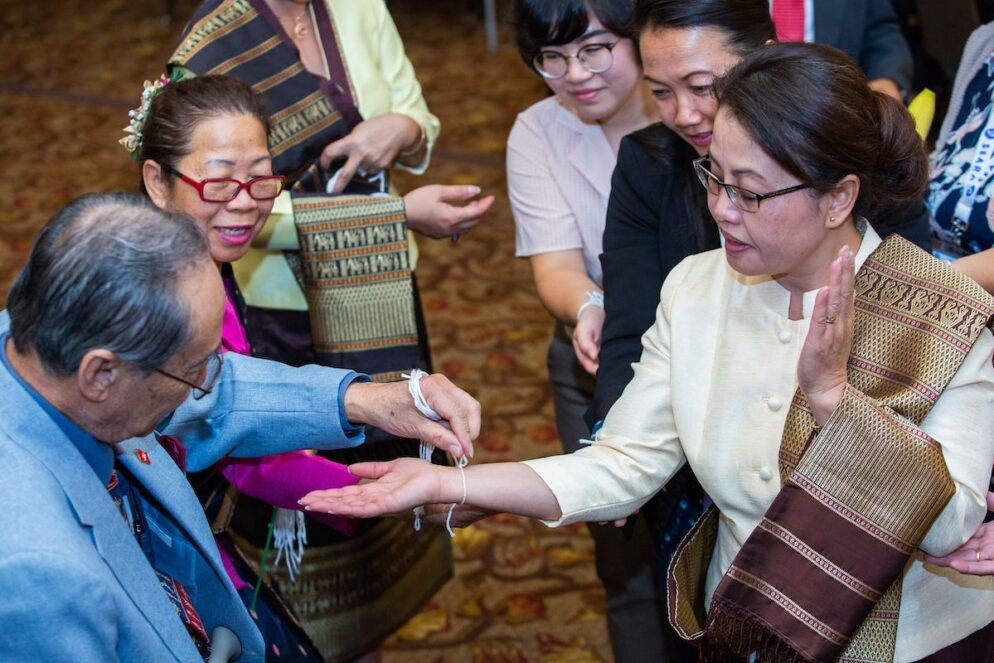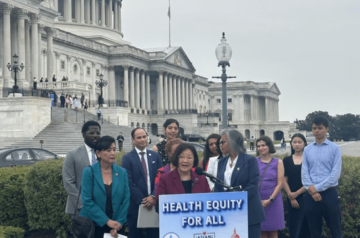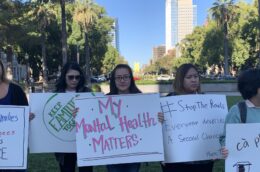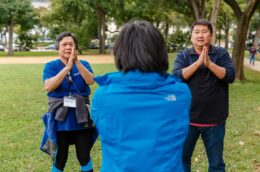The Older Americans Act, which provides important services for older adults, should be well-funded and improved to meet the needs of diverse elders, including Southeast Asian American elders.
Key resources:

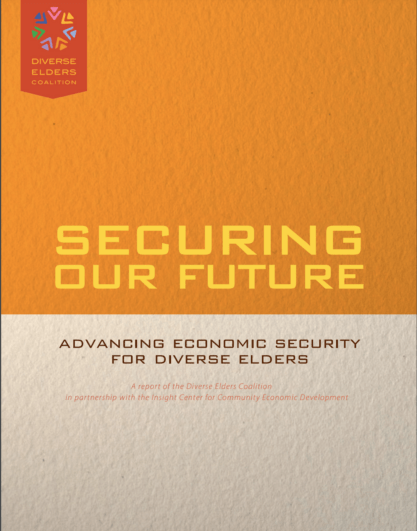

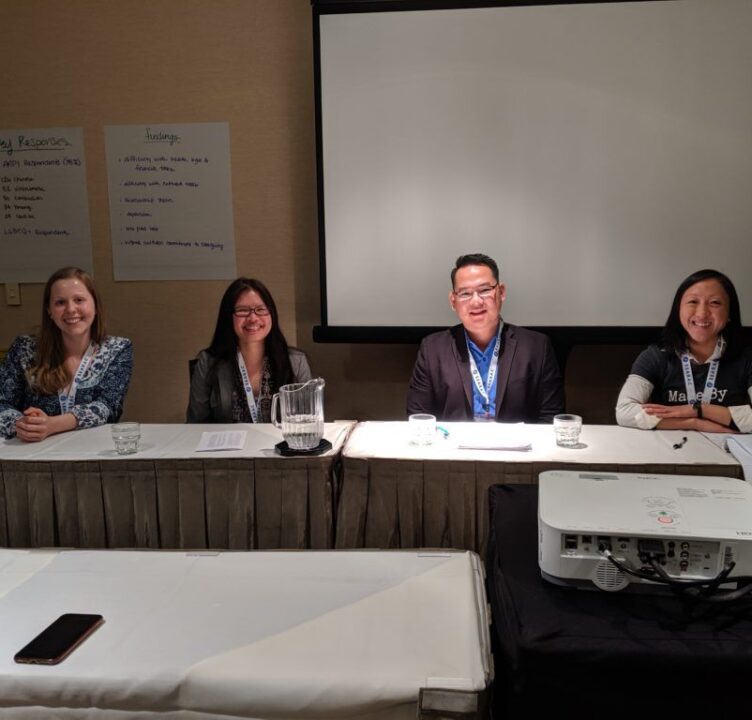
Featured story
Help for Southeast Asian American Caregivers Facing PTSD, Trauma, Racism and Language Barriers
Through the Diverse Elders Coalition (DEC) caregiving initiative, a project aimed at improving the multicultural capacities of healthcare and social service providers, we discovered that there is an urgent need for culturally and linguistically competent services and resources for SEAA caregivers.
Learn more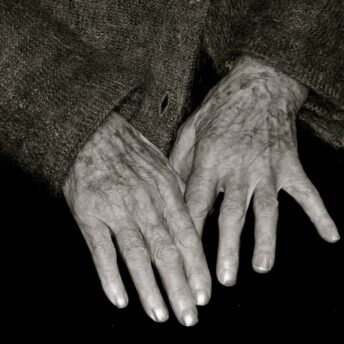
“Responsibility of becoming a caregiver for an ill family member can be shared; however, this responsibility usually ends up [with] those who speak the most English.”
Participant in our Diverse Elders Coalition’s caregiving initiative
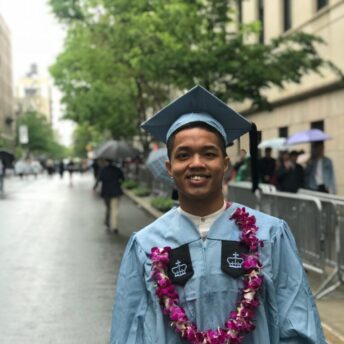
“I can tell you [my parents’] Social Security numbers right now because I’ve been supporting them my whole life.”
Diverse Elders Coalition
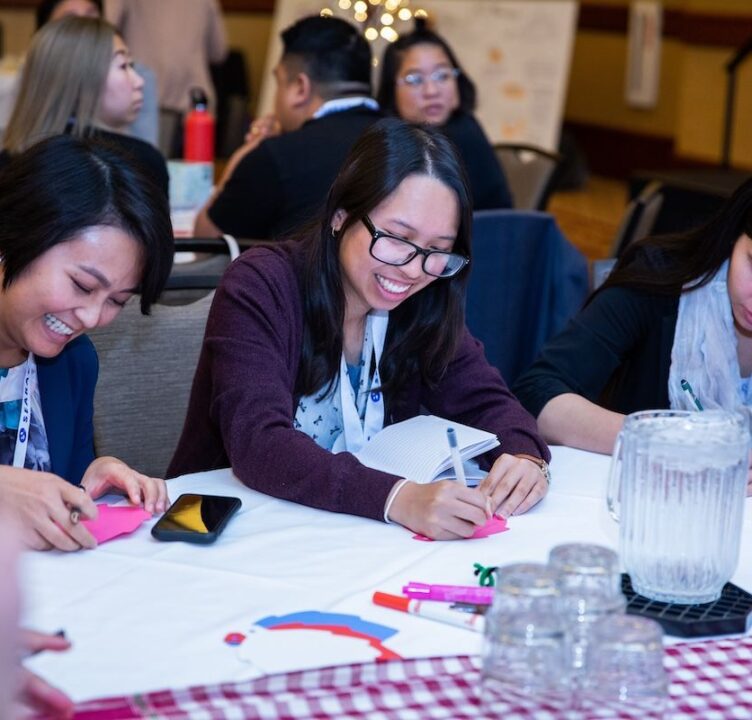
Subscribe to our newsletter for the latest updates on the SEARAC community, and to learn more about how you can get involved.
Join @SEARAC and @seafnofficial for a virtual event celebrating the reintroduction of the Southeast Asian Deportation Relief Act #SEADRA. SEADRA is crucial to restoring humanity and compassion to our immigration system for impacted community members and would end Southeast Asian deportation as we know it. Join us Feb. 19 at 1pm ET/10am PT on Zoom or Facebook. Register at bit.ly/SEADRA2026event.
Feb 13

Thank you to our partners at @seafnofficial for their in-langue Know Your Rights videos, especially as Southeast Asian refugee and immigrant communities are being targeted by ICE. The videos are available in Hmong, Lao, Khmer, and Vietnamese and you can access them on SEAFN’s YouTube (@seafnofficial).
Feb 10

Believe in community leadership and collective power? Support SEARAC’s Leadership and Advocacy Training (LAT) by becoming a sponsor.
Sponsoring LAT means investing in people, movements, and long-term change. Join us in building the next generation of Southeast Asian American leaders. Learn more at bit.ly/2026LATsponsor
Feb 9

Over the past two years, Thuy Do, SEARAC Senior California Program Manager, has partnered with the @ocdehistory and community organizations to bring Southeast Asian American ethnic studies across California.
Thuy writes, “My experiences in these gatherings were emotional and healing, because I got to see, learn and connect with others to advance ethnic studies education through community voices.”
Read more about how community voices continue to shape the future of ethnic studies education in California at the link in our bio!
Feb 7

This is a final reminder that applications for SEARAC`s Leadership and Advocacy Training program are due Sunday, Feb. 8. SEARAC is excited to welcome our next cohort to the nation’s capital this July for our LAT program. Apply to LAT today at bit.ly/LAT2026app!
Feb 6


